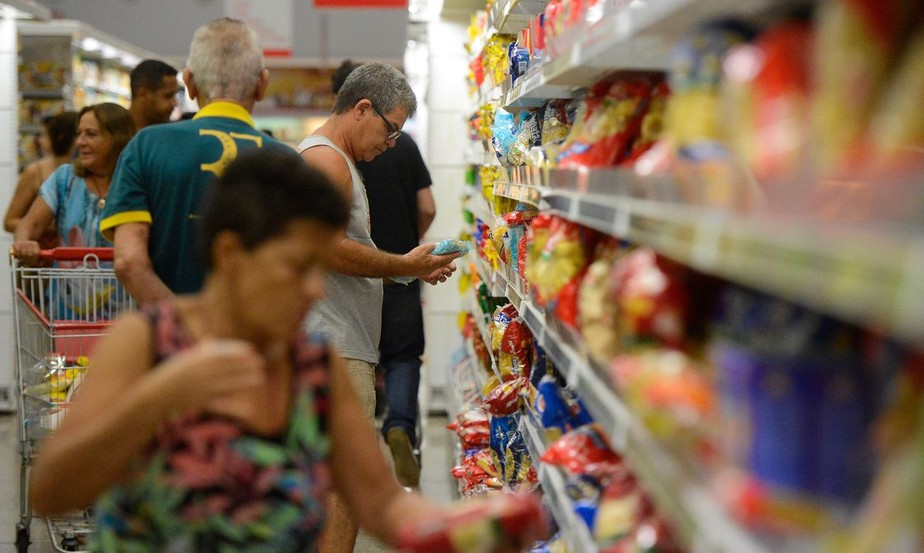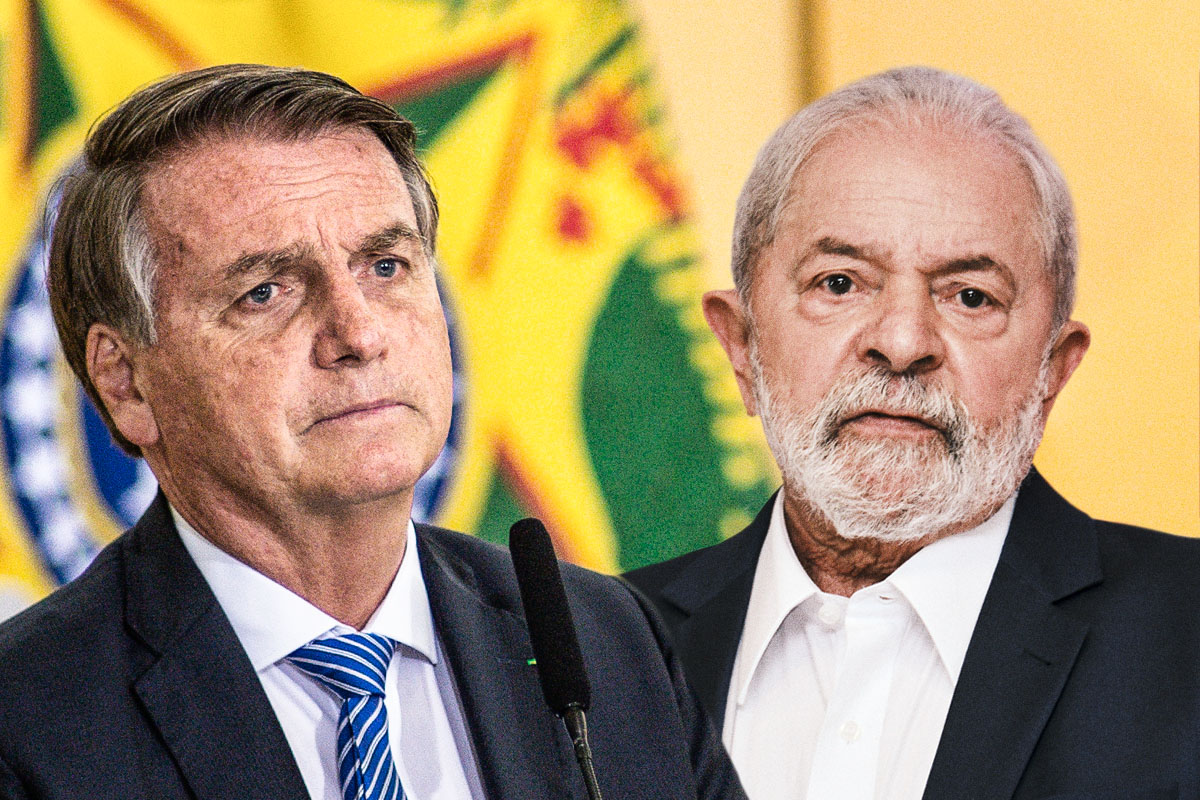RIO DE JANEIRO, BRAZIL – Getting out of recession, curbing inflation, and bringing down unemployment are some of Brazil’s economic challenges in 2022 and reducing the current polarization ahead of the October presidential elections which impacts the rest of the challenges.
OUT OF THE RECESSION
According to the latest projections after the historic economic retraction caused by the pandemic in 2020, when Brazilian GDP contracted by 3.9%, Brazil will end 2021 with 4.5% growth. But this recovery was not sustainable, and the country entered a technical recession in September after two consecutive quarters of negative growth.
Economists forecast that growth in Latin America’s largest economy will be limited to 0.5 % in 2022. However, some analysts, such as those at Itaú bank, are already predicting that Brazil will suffer a new recession next year. The country will continue to fail to recover from the historic recession it suffered in 2015 and 2016.

CURBING INFLATION
The Central Bank’s latest projections indicate that Brazil will end 2021 with inflation of 10.2%, the highest since 2015 (10.67%) and that the rate will double the target the Issuer set for the year, which is 3.75%, with a tolerance margin of 1.5 percentage points, i.e., it could reach a maximum of 5.25%.
With inflation still pressured by the increase in gasoline prices, which jumped 50.7% in the last year, and in energy tariffs, one of the biggest challenges for Brazil in 2022 is to curb the rate, to make it converge with the target already set by the Issuer, which allows it to vary between 2% and 5%, and to prevent its escalation from continuing to reduce the population’s purchasing power.
REDUCING UNEMPLOYMENT
Although the unemployment rate in Brazil has already fallen from a record 14.9% of the working population in March to 12.6% in September, the rate is still very high, above its pre-pandemic level and well above the average of the last twenty years (9.7%).
Although the generation of employment depends on the economy’s recovery, the Latin American giant needs alternative tools to encourage job creation and provide for the approximately 13.5 million Brazilians who were unemployed as of September.
AVOIDING A BLACKOUT OR RATIONING
In 2021, Brazil faced the most significant water crisis in the last 91 years, which dried up hydroelectric dams (responsible for almost 70% of the energy generated by the country) and put Brazil at risk of a blackout or electricity rationing.
That risk remains as the dams continue with their waters at minimum levels. Hence, a major challenge for Brazil in 2022 is to adopt new measures to increase generation from alternative energy sources and avoid overloads.

REDUCING POLARIZATION AHEAD OF THE 2022 PRESIDENTIAL ELECTION
Brazil begins 2022 totally and dangerously polarized ahead of the October presidential elections, for which former president Luiz Inácio Lula da Silva is indicated as the favorite by the polls (42%), followed by the current head of state, Jair Bolsonaro (25%). Its main challenge is to prevent the radicalization of the poles.
Despite the wide lead of the leftist leader, his rejection rate is also very high (40%), although not as high as that of the right-wing leader (60%), which casts doubt on the ability of both to defeat a possible third alternative candidate in an eventual second round.
But so far, no candidate has appeared capable of bringing together the center and emerging as an alternative to polarization, which has fueled radicalism in Brazil, raising fears of a campaign with violent and hateful demonstrations and further aggravating political uncertainty.
With information from EFE

